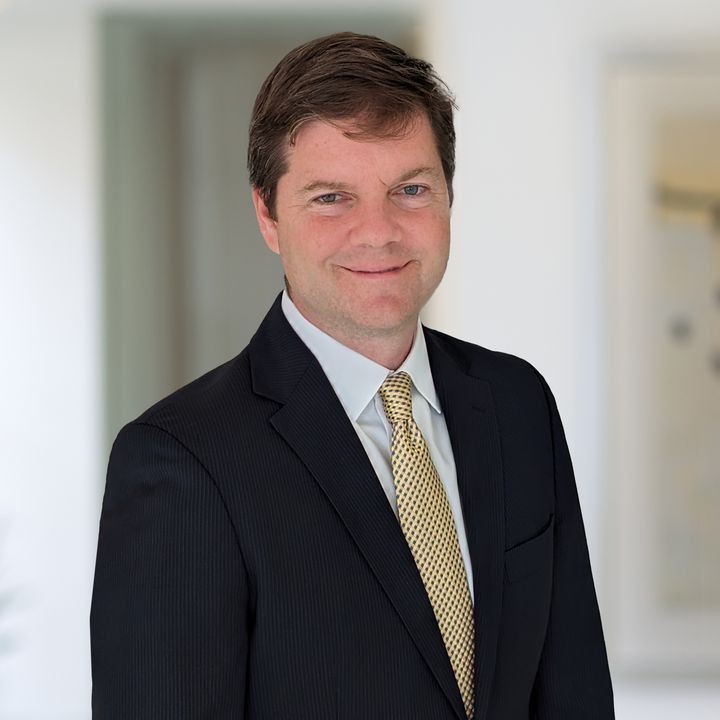First Circuit Clarifies “Resulting From” Standard Under Anti-Kickback Statute, Reshaping False Claims Act Litigation
Client Alert | 2 min read | 02.21.25
The United States Court of Appeals for the First Circuit issued a pivotal ruling earlier this week, finding that in order to establish falsity in a False Claims Act (“FCA”) case premised on Anti-Kickback Statute (“AKS”) liability, the kickback must have been the “but-for” cause of the submission of the claim. The court’s decision hinged on the meaning of the phrase “resulting from” within the 2010 amendment to the AKS, which provided that a claim that includes items or services “resulting from” a violation of the AKS constitutes a false or fraudulent claim for purposes of the FCA. The meaning of “resulting from” for purposes of establishing such FCA liability has been hotly debated by courts. The First Circuit now joins the Sixth and Eighth Circuits in adopting this stricter but-for standard, while the Third Circuit has opted for a much looser approach.
This case, United States of America v. Regeneron Pharmaceuticals, Inc., centered on whether Medicare claims for the drug Eylea, which were allegedly influenced by AKS violations through copayment coverages, constituted false or fraudulent claims under the FCA. On the question of causation under the AKS, Regeneron claimed that the 2010 amendment imposed a “but-for” causation standard and urged the court to adopt the standards applied by the Eight and Sixth Circuits. Regeneron argued that the government “b[ore] the burden of proving that an AKS violation . . . actually caused [a] physician to provide different medical treatment (and thus caused the false claims).” United States v. Regeneron Pharms., Inc., No. 20-11217, 2023 WL 6296393, at *10 (D. Mass. Sept. 27, 2023). The government, on the other hand, urged the court to adopt the Third Circuit’s view that the AKS only requires proof of a causal link between a claim submitted to the government and medical care that was provided in violation of the AKS. Id.
The First Circuit’s adoption of the but-for causation standard is expected to have broad implications on the FCA landscape, potentially narrowing the field of actionable claims under the FCA, impacting both the government’s and whistleblowers’ ability to pursue damages for AKS violations that result in false claims to federal healthcare programs.
“Note: Our lawyers leveraged AI in creating this client alert, including using a transcript summary created by generative AI. As we explore the potential of generative AI in the legal space, it is our intention and our practice to be transparent with our readers and to showcase the results we are achieving using generative AI with publicly available resources. Crowell’s AI group is comprised of lawyers and professionals across our global offices, including from Crowell Global Advisors (CGA), our international public policy entity, with decades of sector-specific experience. We intend to lead by example in our own responsible use of AI, as it pertains to both the risks and benefits. Should you have questions about the use of generative AI in the legal sector or Crowell’s use of AI, please contact innovation@crowell.com.”
Contacts
Insights
Client Alert | 3 min read | 02.27.26
On February 17, 2026, the U.S. Equal Employment Opportunity Commission (EEOC) filed a complaint against Coca-Cola Beverages Northeast, Inc., in the United States District Court for the District of New Hampshire, alleging that the company violated Title VII of the Civil Rights Act of 1964 (Title VII) by conducting an event limited to female employees. The EEOC’s lawsuit is one of several recent actions from the EEOC in furtherance of its efforts to end what it refers to as “unlawful DEI-motivated race and sex discrimination.” See EEOC and Justice Department Warn Against Unlawful DEI-Related Discrimination | U.S. Equal Employment Opportunity Commission.
Client Alert | 6 min read | 02.27.26
Client Alert | 4 min read | 02.27.26
New Jersey Expands FLA Protections Effective July 2026: What Employers Need to Know
Client Alert | 3 min read | 02.26.26





